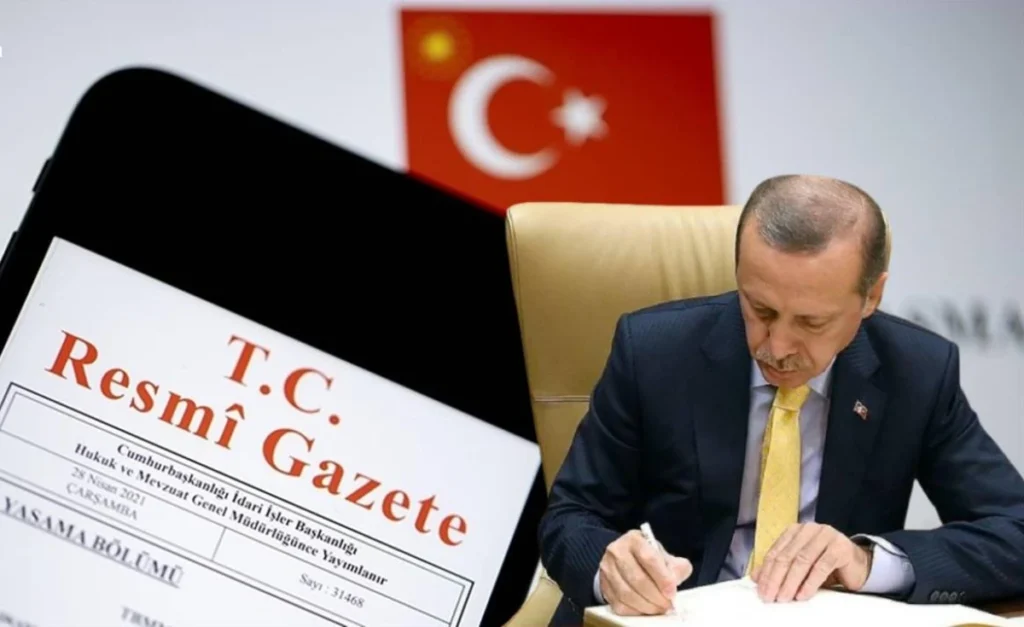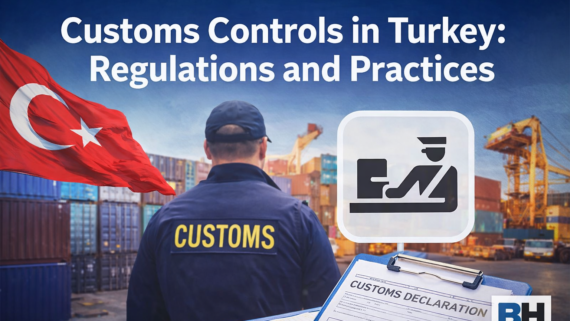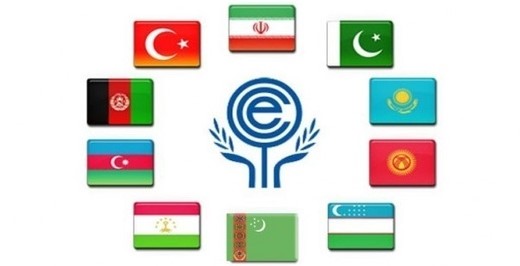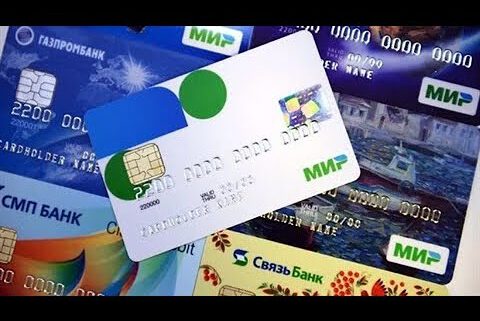Türkiye has frozen the assets of persons and entities linked to Iran’s nuclear program under a presidential decree published in the Official Gazette on 1 October 2025 (Decision No. 10438, EK-5). Grounded in UNSC Resolution 2231 (2015) and implemented domestically via Law No. 7262, the measure aligns Türkiye operationally with the EU’s recent “snapback” of nuclear-related restrictions and coincides with parallel U.S. designations. The listings -reaching core nuclear governance, research, banking, energy, and shipping nodes—comprise 20 individuals and 19 entities by name. An asset freeze in Türkiye is a preventive restraint on disposition (not confiscation) covering bank accounts, movable/immovable property, securities, and partnership interests. Execution is coordinated by the Ministry of Treasury & Finance, with financial institutions responsible for immediate screening and blocking. Affected parties can seek administrative review before the Audit & Cooperation Commission and pursue judicial review on competence, procedure, individualized reasoning, and proportionality grounds. For businesses, the immediate agenda is enhanced screening, UBO mapping, end-use and dual-use controls, routing/port/vessel checks, and contract remediation (sanctions clauses, change-in-law, termination/suspension, financing defaults). Expect practical frictions from EU/UK/U.S. counterparties – via correspondent banking, underwriting capacity, and supply chains – even where only Turkish law applies. Strategically, companies should institutionalize a sanctions compliance program, maintain auditable records, and plan for potential list expansions and enforcement bursts. We provide end-to-end sanctions and export-controls support – risk assessments; policy/procedure design; UBO and end-use diligence; transaction screening and remediation; sanctions-clause drafting and contract reviews; internal training and audits; incident response; representation in administrative review before the Audit & Cooperation Commission and in judicial review; and cross-regime mapping (EU/UK/US) to manage correspondent-banking, insurance, and supply-chain exposures.
Iran Sanctions in Türkiye: Asset Freezes
Türkiye has frozen the assets of persons and entities linked to Iran’s nuclear program under a presidential decree published in the Official Gazette on 1 October 2025 (Decision No. 10438, EK-5 update). The measure relies on UNSC Resolution 2231 (2015) and Türkiye’s domestic implementation via Law No. 7262 on preventing the financing of WMD proliferation. It arrives alongside the EU’s “snapback” of nuclear-related restrictions and parallel U.S. designations -creating a tighter external environment that Turkish banks, traders, carriers, and insurers must consider. For affected parties, avenues exist to seek administrative review before the Audit & Cooperation Commission and judicial review in the administrative courts. For companies, the practical agenda is screening, UBO mapping, end-use controls, contract remediation, and governance.
What changed – and why it matters
The decree updates Türkiye’s UN-implementation decisions (2006, 2015, 2021), expands the EK-5 annex, and makes the asset freezes legally operative upon publication. The verbatim list reproduced from the Gazette text enumerates 20 individuals and 19 entities by name (see below). The targets include nuclear-governance bodies, research centers, banking channels, and select energy/shipping firms at the core of Iran’s fuel-cycle and logistics ecosystem. For Turkish operators, the immediate implications are execution of freezes and rapid checks for direct and indirect exposure (e.g., subsidiaries, agents, “on-behalf-of” dealings).
Full listing per Türkiye’s Official Gazette (1 Oct 2025, Decision No. 10438, EK-5)
Individuals (20):
- Dawood Agha-Jani
- Amir Moayyed Alai
- Behman Asgarpour
- Mohammad Fedai Ashiani
- Abbas Rezaee Ashtiani
- Haleh Bakhtiar
- Morteza Behzad
- Seyyed Hussein Hosseini
- Ali Hajinia Leilabadi
- Hamid-Reza Mohajerani
- Jafar Mohammadi
- Ehsan Monajemi
- Houshang Nobar
- Mohammad Qannadi
- Amir Rahimi
- Javad Rahiqi
- Abbas Rashidi
- M. Javad Karimi Sabet
- Seyed Jaber Safdari
- Ghasem Soleymani
Entities (19):
- Atomic Energy Organization of Iran (AEOI)
- Bank Sepah
- Bank Sepah International
- Isfahan Nuclear Fuel Research & Production Center (NFRPC)
- Isfahan Nuclear Technology Center (ENTC)
- First East Export Bank
- Irano Hind Shipping Company [İrano Hind Shipping Company]
- IRISL Benelux NV [Irisl Benelux NV]
- Jabber Ibn Hayyan [Jabber İbn Hayan]
- Karaj Nuclear Research Center
- Kavoshyar Company
- Mesbah Energy Company
- Modern Industries Technique Company
- Novin Energy Company
- Nuclear Research Center for Agriculture and Medicine (NRCAM)
- Pars Trash Company
- Pishgam Energy Industries
- South Shipping Line Iran
- Tamas Company
International legal architecture: UNSC 2231, JCPOA, and snapback
UNSC 2231 embedded a snapback mechanism: if a participant notifies significant non-performance and the Security Council does not adopt a contrary resolution within 30 days, prior UN measures re-enter into force automatically. In late summer 2025 the E3 (France, Germany, UK) triggered the mechanism; EU institutions subsequently re-imposed nuclear-related measures. While Russia and China dispute the legal validity of snapback, the practical reality for cross-border commerce is that EU/US measures influence correspondent banking, insurance markets, and due-diligence standards far beyond their formal territorial reach. Turkish firms touching EU/UK/U.S. counterparties should therefore assume heightened friction even where only Turkish law is directly binding.
Turkish domestic framework: Law No. 7262 and the nature of an asset freeze
Law No. 7262 provides the conduit to internalize UN-grounded listings. An asset freeze is a preventive, temporary restraint on disposition – not a confiscation. It typically covers bank accounts, movable/immovable property, securities, and partnership interests. Execution involves immediate notification to banks and registries, screening and blocking by financial institutions, and inter-agency coordination led by the Ministry of Treasury & Finance. Affected parties can petition the Audit & Cooperation Commission for review (with a channel for UN referral) and may seek judicial review before the administrative courts – testing competence, procedure, individualized reasoning, and proportionality.
Who is listed – why the targets matter
The list reaches the Atomic Energy Organization of Iran (AEOI), research centers at Isfahan and Karaj, Bank Sepah (and Bank Sepah International), and multiple energy/shipping/research entities. Programmatically, this isolates senior technical leadership, procurement lines, and financing conduits that support enrichment and related activities. From a compliance standpoint, do not treat the names as the entire risk universe: map control/ownership layers, intermediaries, and vessels/ports, and check whether non-Turkish partners layer on additional autonomous restrictions.
Compliance impact for banks, traders, carriers, and underwriters
Banks should: execute blocking, run immediate/periodic screening, verify ultimate beneficial owners (UBOs), re-review historic ties, and file suspicious-transaction reports where appropriate.
Traders/logistics should: strengthen end-use/end-user diligence, dual-use classification, routing and trans-shipment controls, vessel/flag/port screening, and documentation consistency across the chain.
Insurers/reinsurers should: revisit sanctions clauses, coverage triggers, and reinsurance cascades to avoid silent exposure; expect EU/UK market practices to influence capacity and pricing.
Across all sectors, assume that indirect dealings (agents, commissionaires, “acting on behalf of”) can create exposure; design controls to detect and prevent such routing.
Contracts and dispute avoidance: clauses that work in practice
Update sanctions & compliance clauses to cope with snapback-style shifts. Useful elements include: clear representations/warranties; change-in-law adjustment paths; termination and suspension options (both, not just one); cooperation/audit rights; notification and cure mechanics. In financing documents, evaluate events of default tied to sanctions hits, KYC/AML undertakings, and calibrated MAC language. Choose governing law and fora that do not undermine public-policy defenses; preserve access to interim relief to protect frozen collateral.
Governance, investigations, and records
Adopt a board-approved Sanctions Compliance Program with designated roles, escalation routes, and training cycles. Keep auditable records of screening hits, UBO and end-use analyses, and remediation steps. If historic exposure is discovered, document remedial action and—where a licensing/notification path exists—engage with the competent authority. Robust data governance underpins responses to bank/insurer queries and regulator requests.
Challenging a listing: administrative and judicial routes
At the administrative level, a listed person/entity may petition the Audit & Cooperation Commission for review and possible referral within the UN framework. At the judicial level, administrative-court review can test the listing against standards of competence, procedure, individualized reasoning, and proportionality—balanced against the weight accorded to UN-grounded security interests. Periodic review and tailored reasoning are key to reconciling effective enforcement with property-rights guarantees.
Geopolitical outlook
Operationally, Türkiye’s decree aligns with the EU snapback stance and coincides with U.S. follow-on designations. Expect diplomatic contention, potential list expansions, and episodic enforcement bursts. For cross-border transactions, the practical risk is often de-risking by foreign banks/insurers and knock-on effects across trade lanes that touch EU/UK markets. Plan for longer lead times, more documentation, and occasional re-papering of counterparties.
Practical takeaways for businesses in Türkiye
Immediate: execute freezes, run enhanced screening, pause questionable flows, and check correspondent-bank expectations.
Medium-term: remediate contracts; align with banks/insurers on documentation; map indirect counterparties and UBOs; tighten end-use controls.
Long-term: institutionalize a sanctions program, rehearse incident response, and keep a live register tracking exposures under EU/UK/US vs Turkish law.
How we can help?
Bıçak Law advises Turkish and international clients on sanctions and export-controls compliance across banking, trade, shipping, and insurance. We provide risk assessments; policy and procedure design; UBO and end-use diligence; transaction screening and remediation; sanctions-clause drafting and contract remediation; internal training and audits; incident response; and representation in administrative review before the Audit & Cooperation Commission as well as judicial review of listings and related measures. We also support cross-regime mapping (EU/UK/US) to manage correspondent-banking, underwriting, and supply-chain exposures affecting transactions routed through or from Türkiye.
 English
English Türkçe
Türkçe Français
Français Deutsch
Deutsch










Comments
No comments yet.